
Dentures are prosthetic appliances that are used to replace missing teeth and tissues. They enable normal functioning of the mouth and provide comfort and confidence to the wearer.
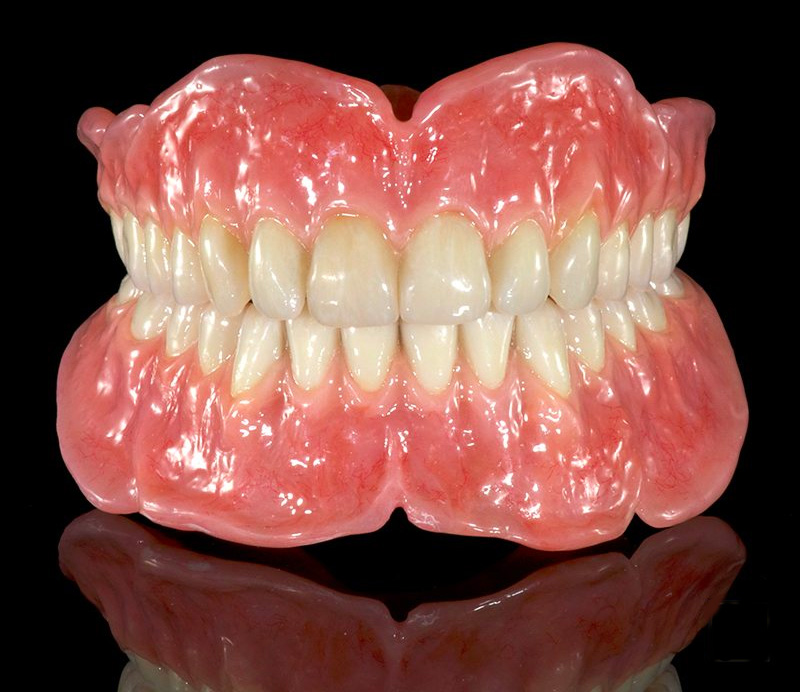
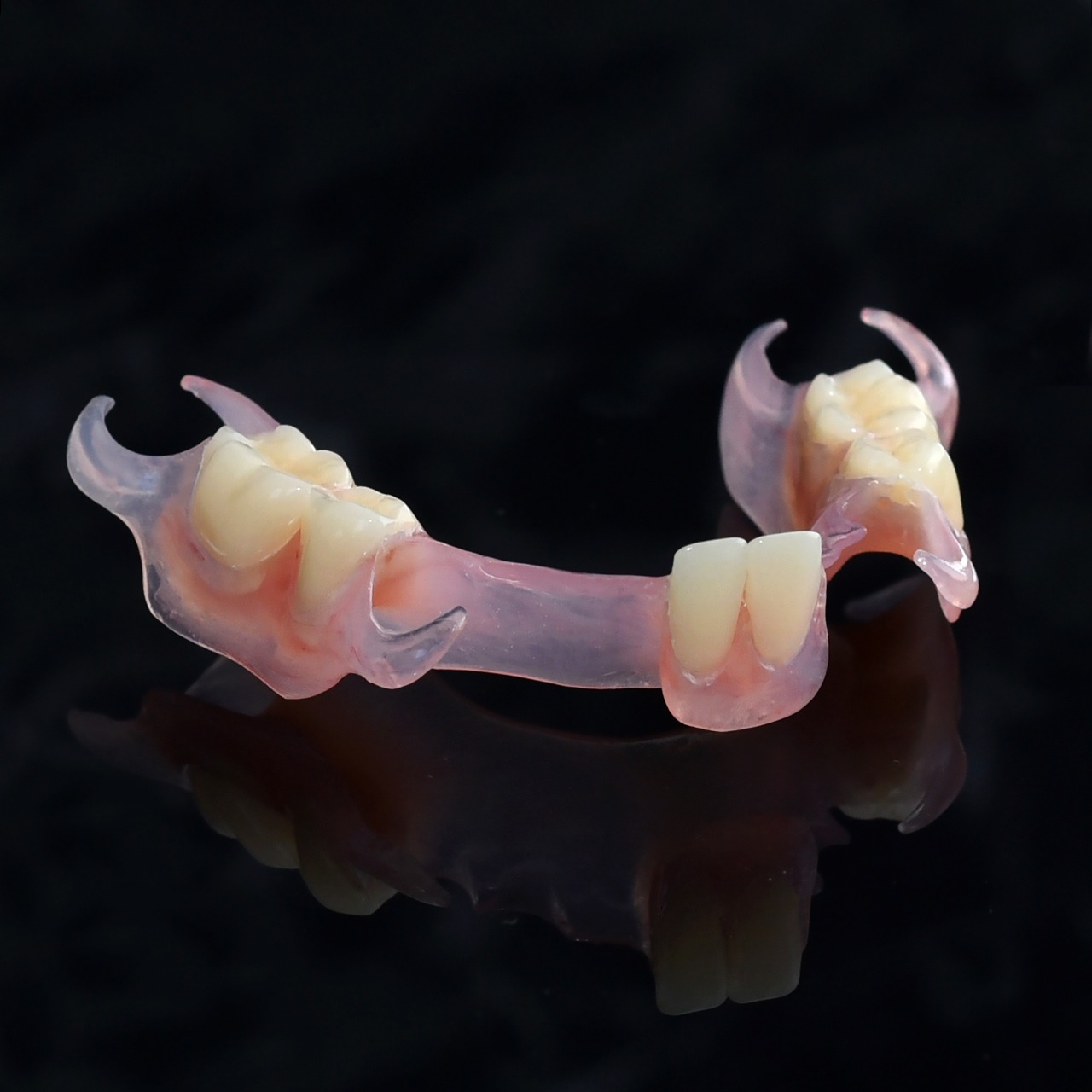
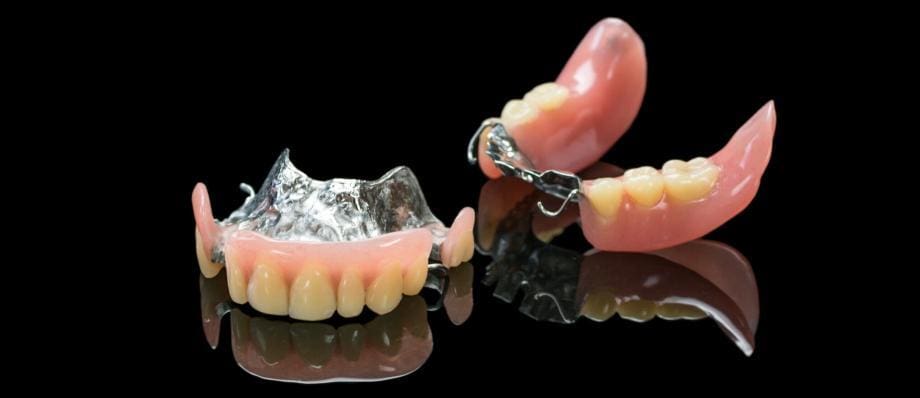
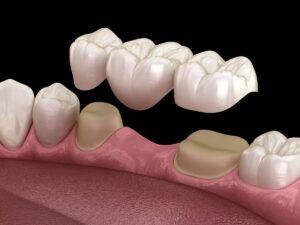
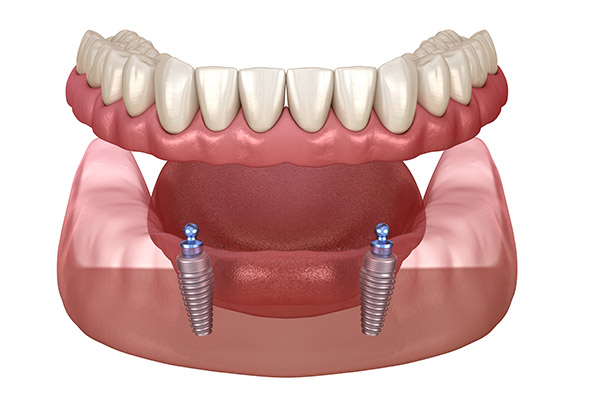
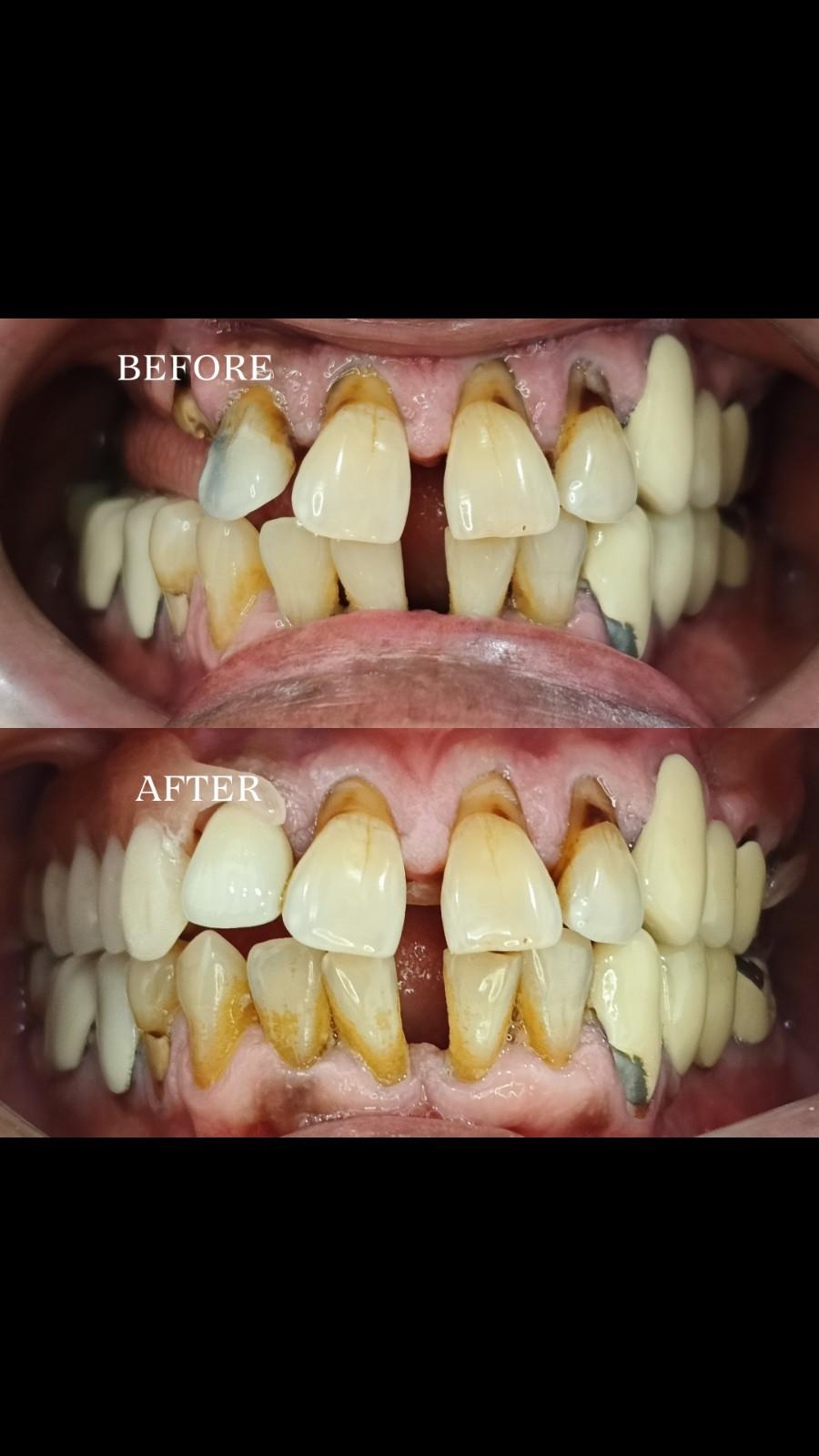
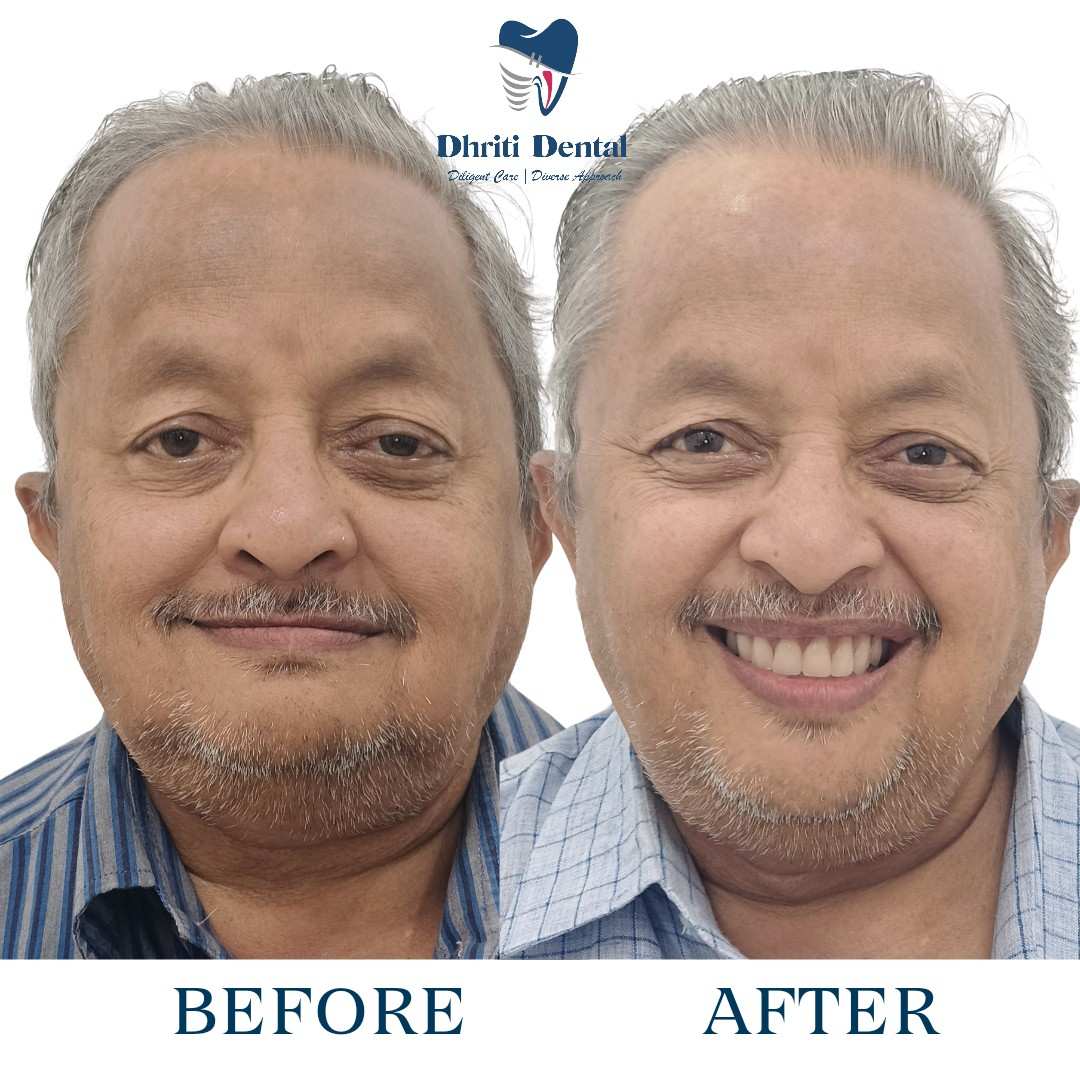
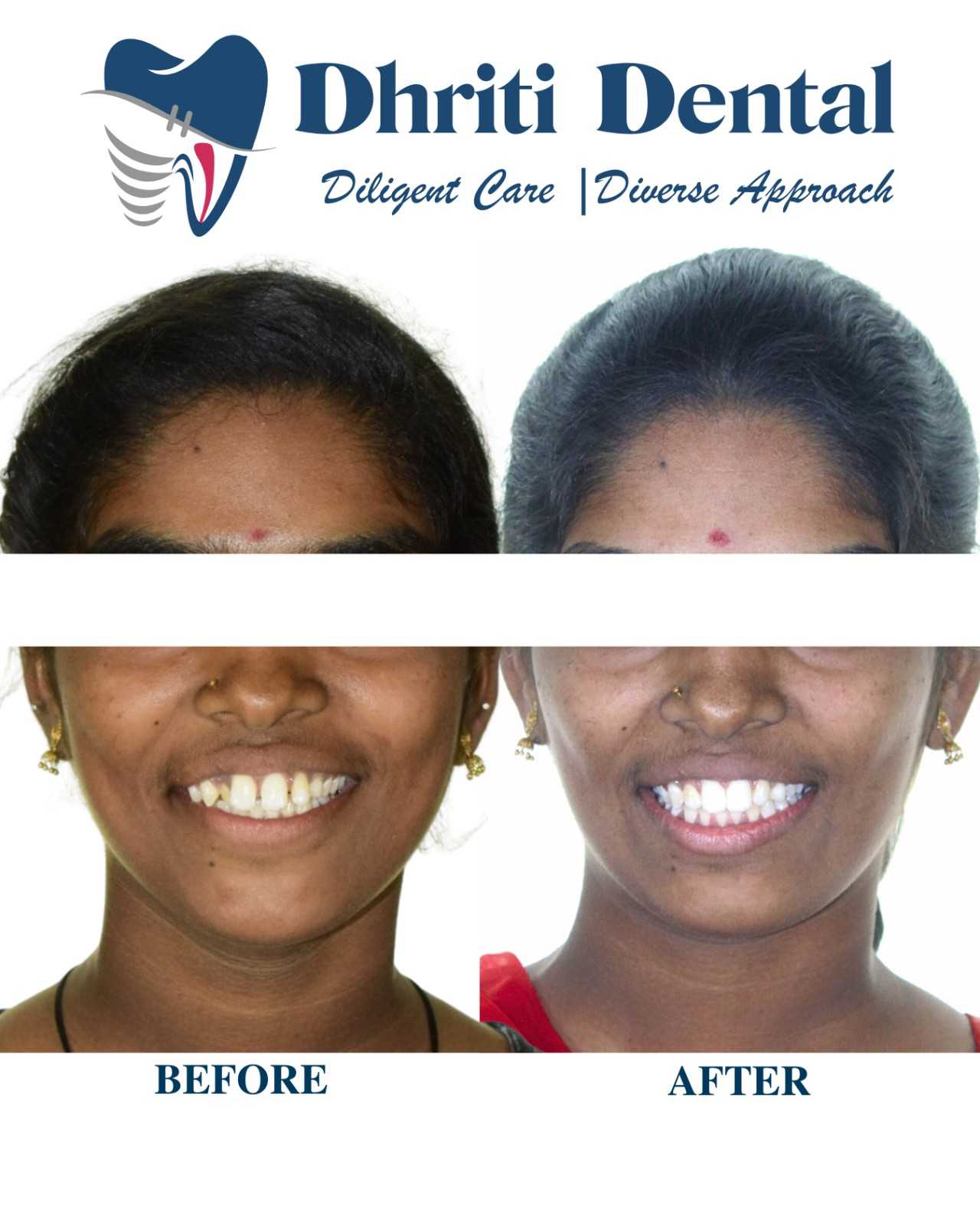
Dentists at Dhriti Dental, Hyderabad, provide personalized and holistic dental care.
Our specialists understand the functional as well as emotional needs of their patients.
Want to replace your missing teeth?
Book your appointment with Dhriti Dental now!
Dentures are made using biocompatible resins like polymethylmethacrylate. Cast partial dentures may use cobalt chromium or titanium. Denture teeth may be resin, porcelain, or gold.
Denture appointments are completely painless.
All types of foods can be eaten, though hard foods may be difficult initially.
Dentures are safe, but poor hygiene may lead to fungal infections.
Dentures typically take 4–5 appointments, around 7–10 days in total.